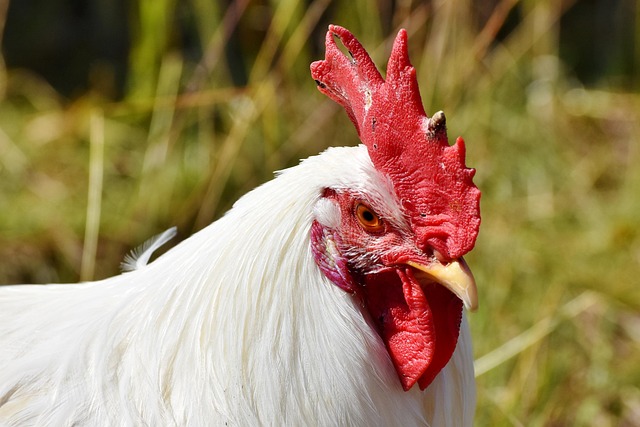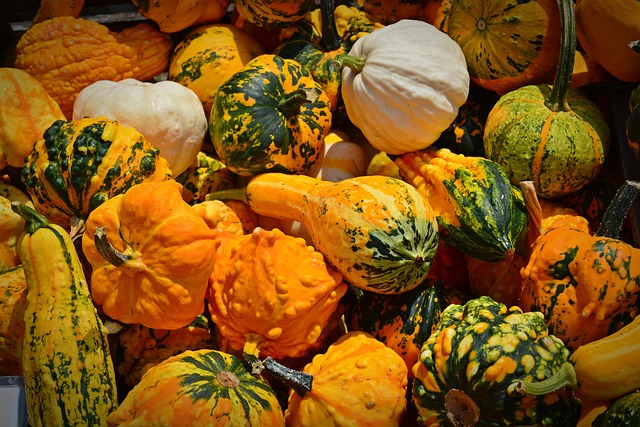Leaf collection and mulching are essential practices for maintaining a healthy, vibrant yard. Leaf collection addresses blocked sunlight and uneven turf growth while mulching recycles yard waste, enriching soil, improving water retention, suppressing weeds, and creating an aesthetically pleasing ground cover. Both contribute to Yard Waste Removal and Recycling, fostering sustainable landscapes. Efficient leaf management involves inspection, collection with rakes or blowers, sorting for disposal or recycling, shredding/composting into mulch, even application around plants, and avoiding trunk accumulation to prevent rot. These eco-friendly practices reduce environmental degradation by diverting waste from landfills and enhancing soil health, crucial for preserving our planet's well-being.
Looking to enhance your yard’s health and beauty? Leaf collection and mulching are essential practices that offer numerous benefits. This comprehensive guide delves into the process of efficient leaf removal, highlighting how it improves soil structure, conserves moisture, and suppresses weeds. We’ll explore mulch application techniques for optimal results and discuss the environmental impact of recycling yard waste, promoting sustainability in your community. Discover why these simple steps make a big difference.
- Understanding Leaf Collection and Mulching: Benefits for Your Yard
- The Process of Efficient Leaf Removal and Mulch Application
- Environmental Impact and Sustainability through Yard Waste Recycling
Understanding Leaf Collection and Mulching: Benefits for Your Yard

Leaf collection and mulching are essential practices for maintaining a healthy and vibrant yard. By understanding the benefits of these processes, homeowners can significantly enhance their outdoor space’s overall well-being. Leaf collection involves the systematic removal of fallen leaves, which can accumulate and cause various issues if left unattended. These piles can block sunlight from reaching grass and plants, hindering their growth and potentially leading to uneven turf development.
Mulching, on the other hand, offers a sustainable solution by recycling yard waste. It involves shredding and spreading organic material, like leaves, onto garden beds and around plants. This practice not only prevents yard waste from ending up in landfills but also provides numerous advantages for the garden. Mulch enriches the soil with nutrients as it decomposes, improves water retention, suppresses weeds, and creates a visually appealing, uniform ground cover. It’s an eco-friendly approach to Yard Waste Removal and Recycling that contributes to a healthier, more sustainable landscape.
The Process of Efficient Leaf Removal and Mulch Application

The process of efficient leaf removal and mulch application involves a few key steps to ensure optimal yard health and aesthetics. Initially, it’s crucial to thoroughly inspect the area for accumulated leaves, focusing on both lawn and garden regions. Utilizing specialized equipment like rakes or leaf blowers can expedite this task, making it easier to gather leaves efficiently. Once collected, proper sorting becomes essential. Different types of plant debris may require specific disposal methods, including recycling through municipal programs dedicated to yard waste removal and recycling.
After sorting, the leaves can be transformed into valuable mulch through shredding or composting. This recycled material serves as a natural insulator during colder months, preserving soil temperature and moisture levels. It also contributes to a healthier garden by gradually enriching the earth with essential nutrients. When applying mulch, it’s recommended to spread it evenly across plant beds, ensuring adequate coverage while avoiding excessive accumulation around tree trunks to prevent rot.
Environmental Impact and Sustainability through Yard Waste Recycling

The environmental impact of yard waste is a growing concern, but through proper recycling and mulching practices, individuals can significantly contribute to sustainability. Yard waste removal isn’t just about aesthetics; it’s a crucial aspect of preserving our planet. Organic materials, such as leaves and grass clippings, when left to decompose in landfills, produce methane, a potent greenhouse gas that contributes to climate change. By implementing efficient yard waste recycling methods, we can reduce the amount of organic matter ending up in landfills, thereby decreasing methane emissions.
Mulching collected leaves not only prevents them from becoming detrimental waste but also enriches soil health. When incorporated into gardens and landscaping, these organic materials act as natural fertilizers, improving soil structure, promoting nutrient retention, and supporting the growth of plants. This eco-friendly approach to yard maintenance is a step towards a greener, more sustainable future, ensuring that our outdoor spaces are both beautiful and environmentally conscious.
Leaf collection and mulching are simple yet powerful practices that significantly enhance yard aesthetics and ecological health. By efficiently removing leaves and applying mulch, you not only improve soil fertility but also contribute to sustainable yard waste removal and recycling. Embracing these methods fosters a greener, more vibrant outdoor space while promoting environmental stewardship.














